"Hello and welcome to 'Flowing with the Life.' Today, we're going to explore a profound concept that has been echoed by thinkers, philosophers, and motivational speakers alike: 'Life is a journey, not a destination.' This idea can transform the way we live our lives, bringing more fulfillment and peace. So, let's dive in."
"Have you ever found yourself racing towards a goal, thinking that once you achieve it, you'll finally be happy? It’s a common mindset. We set targets—be it a promotion at work, buying a new house, or even reaching a specific weight—and tell ourselves that these milestones will bring us ultimate satisfaction. But what happens when we reach them? Often, we find that the anticipated happiness is fleeting, and soon enough, we set new goals and continue the cycle.
The concept of 'Life is a journey, not a destination' invites us to shift our focus from these end goals to the process of getting there. It’s about embracing every step, every moment, and every experience along the way.
Let’s consider a journey we’ve all taken: learning to ride a bicycle. As a child, the destination might have been the day you could ride without training wheels. But think back to the process—the wobbly starts, the encouragement from a parent or friend, the thrill of balancing for the first time.
Those moments were filled with learning, growth, and joy. The destination was just a part of the journey, not the end of it.
Understanding life as a journey encourages us to be present. It reminds us to savor the small victories and learn from the setbacks. Each day is filled with opportunities to grow, to connect with others, and to appreciate the world around us. When we focus solely on the destination, we miss these rich experiences.
Moreover, this mindset helps us build resilience. Life is unpredictable, and not every path leads to where we expect. By valuing the journey, we become more adaptable and open to new directions. We learn to appreciate the detours, understanding that they often bring unexpected lessons and opportunities.
Take the story of J.K. Rowling, for example. Before she became the renowned author of the Harry Potter series, she faced numerous rejections and hardships. If she had focused solely on the destination of becoming a published author, she might have given up. Instead, she embraced her journey, finding joy in the process of writing and persevering through challenges. Her story teaches us that the journey, with all its ups and downs, is where true growth and fulfillment lie.
In our fast-paced world, it’s easy to get caught up in the race towards our goals. But let’s take a moment to slow down and appreciate where we are right now. Let’s find joy in the progress we make each day, no matter how small. Let’s connect with others, share our experiences, and support one another on our journeys.
To help you embrace this mindset, try this simple exercise: each evening, reflect on your day and write down three things you’re grateful for. They don’t have to be monumental—maybe it’s a kind word from a colleague, a delicious meal, or a moment of quiet in nature. This practice can help shift your focus from what you’re striving to achieve to what you’re experiencing and appreciating right now.
As we wrap up today’s episode, remember that life isn’t a series of destinations to be reached but a continuous journey to be experienced. Embrace the process, find joy in the everyday moments, and allow yourself to grow with each step.
Thank you for joining me today on 'Flowing with the Life.' If you enjoyed this episode, please subscribe and share it with your friends. And remember, the journey itself is the reward. Until next time, keep flowing with the life."
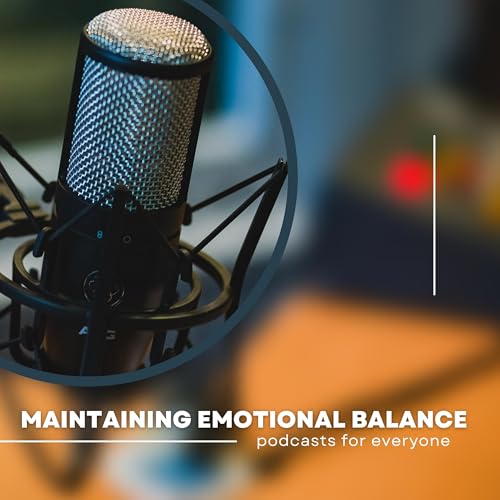 2024/09/147 分
2024/09/147 分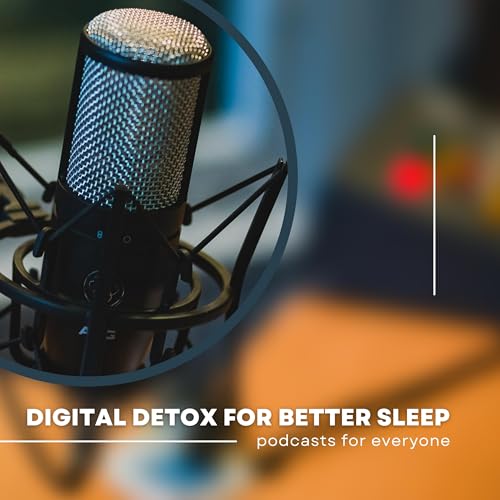 2024/08/286 分
2024/08/286 分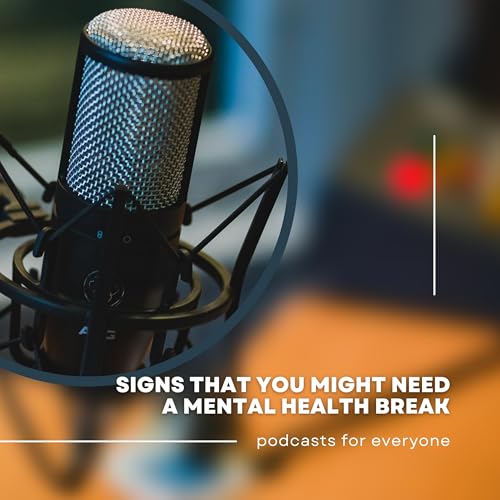 5 分
5 分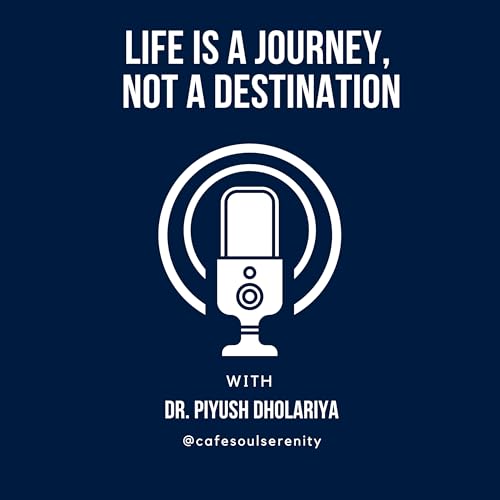 2024/08/044 分
2024/08/044 分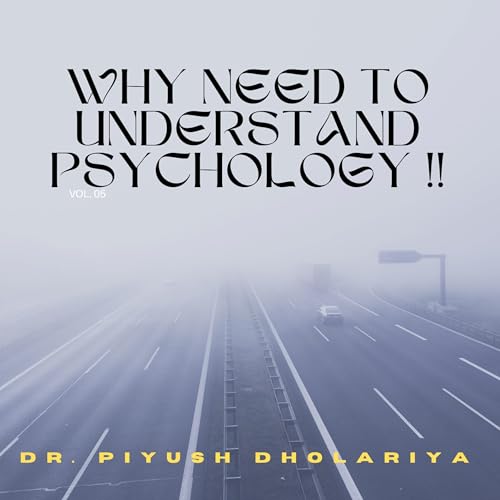 2024/07/214 分
2024/07/214 分 2023/02/233 分
2023/02/233 分 2023/02/204 分
2023/02/204 分 2022/11/056 分
2022/11/056 分

